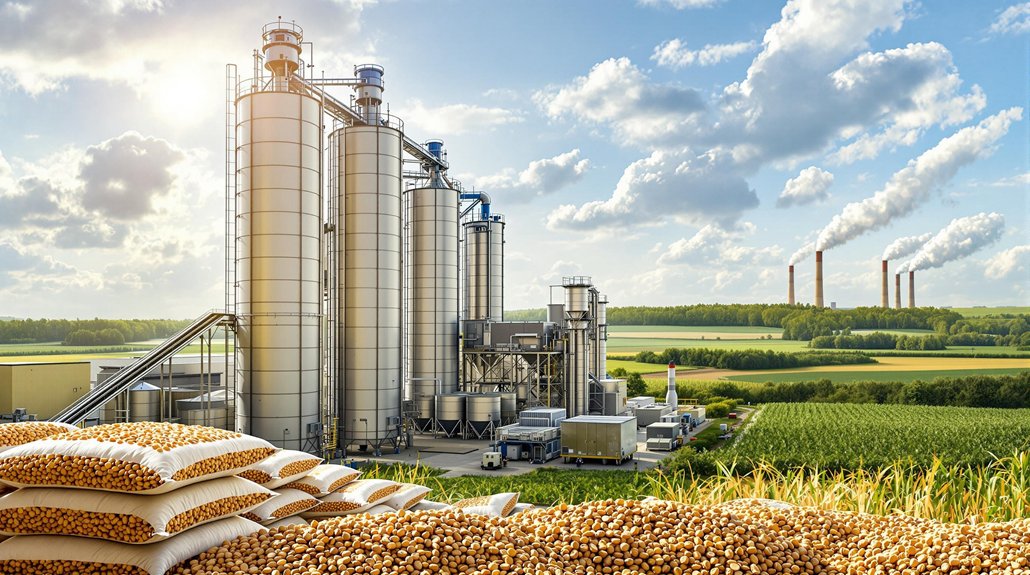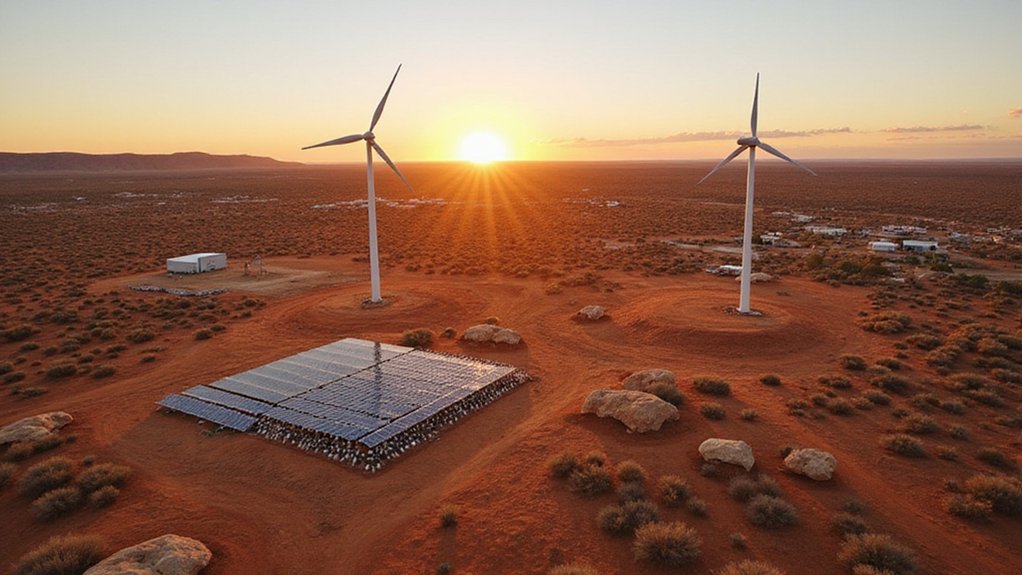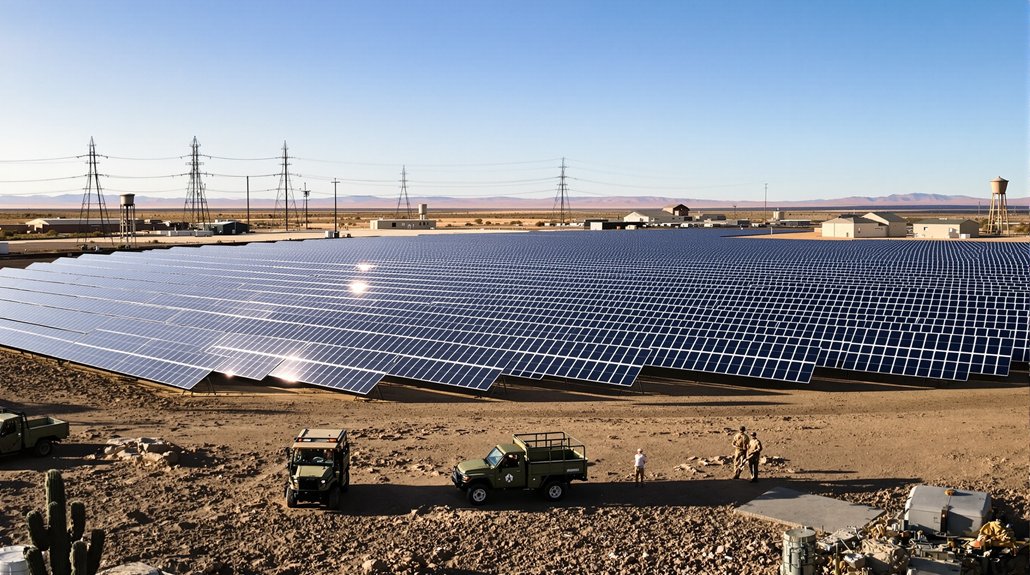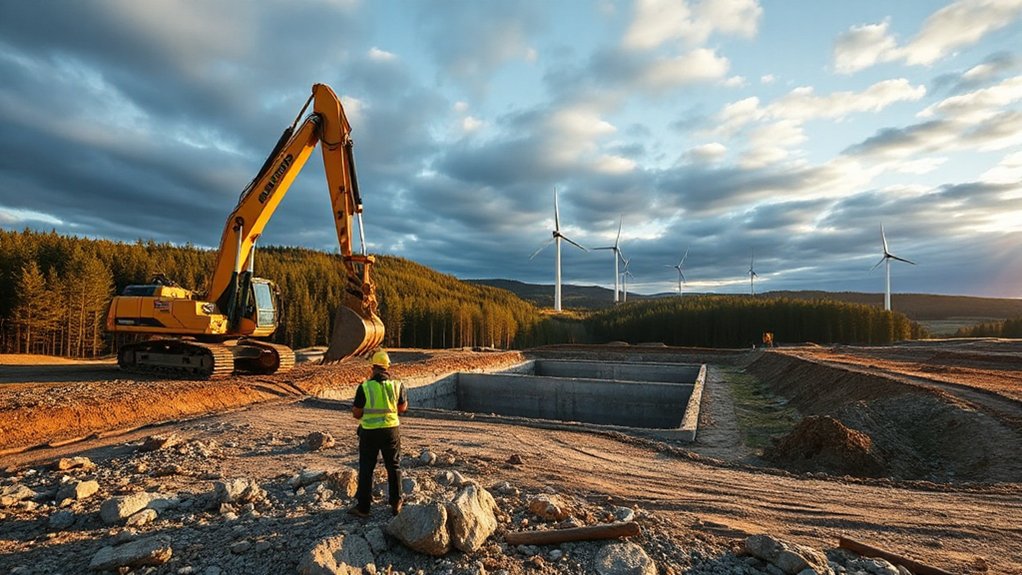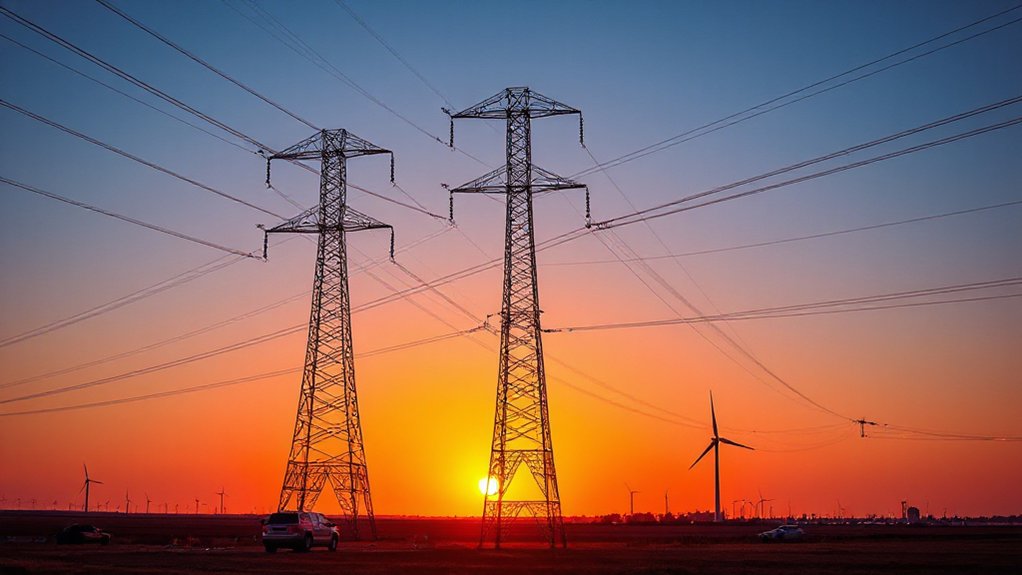Europe’s push into biomass energy has sparked debate across the continent. The €20 billion investment aims to reduce dependence on fossil fuels while creating jobs in rural areas. Supporters call biomass a renewable alternative that’s carbon neutral when properly managed. Critics question if it’s truly efficient enough to compete with traditional energy sources. The stakes are high as Europe faces increasing pressure to meet climate goals while maintaining energy security.
As the world searches for sustainable energy solutions, the debate between biomass and fossil fuels continues to gain attention. Europe has invested €20 billion in biomass pellet technology, betting on its potential to replace traditional fossil fuels.
Biomass offers a key advantage over fossil fuels: carbon neutrality. Plants absorb CO₂ while growing, which offsets emissions when the biomass is burned. This creates a more balanced carbon cycle. In contrast, fossil fuels release carbon that’s been trapped underground for millions of years, greatly increasing greenhouse gases in our atmosphere.
Nature’s carbon recycling program gives biomass a sustainability edge that fossil fuels simply cannot match.
Studies show direct-fired biomass power can achieve a negative global warming potential of -410 g CO₂-eq/kWh. That’s a 148% reduction compared to coal. Adding carbon capture technology could further improve these numbers.
Unlike oil, coal, and natural gas, biomass is renewable. New crops can be grown repeatedly on the same land, ensuring a steady supply. Fossil fuels are finite and will eventually run out. Many European countries have embraced biomass to reduce dependence on imported fossil fuels from politically unstable regions.
However, biomass isn’t perfect. It has lower energy content than fossil fuels, making it less efficient for transport and storage. Biomass power plants typically generate less electricity than fossil fuel plants of similar size. Among fossil fuels, natural gas produces the most efficient energy output with least CO2 emissions per unit of energy generated.
The economic picture is mixed. Biomass projects create local jobs in rural areas through cultivation and processing. But large-scale biomass energy currently costs more than conventional fossil fuels without carbon pricing. Transportation expenses for biomass feedstock can reduce its competitiveness, especially over long distances. Biofuels support a sustainable energy cycle that keeps economic benefits within local communities rather than sending money overseas for oil.
Environmental concerns exist on both sides. While sustainable biomass reduces net greenhouse gas emissions, poor management can lead to deforestation and habitat loss. Fossil fuels cause air pollution, oil spills, and other environmental damage. Sustainable biomass utilizes various materials including virgin wood, agricultural residues, and energy crops specifically grown for their high yield potential.
Europe’s massive investment shows growing confidence in biomass as a viable alternative to fossil fuels, especially as climate concerns mount and carbon pricing mechanisms expand.
